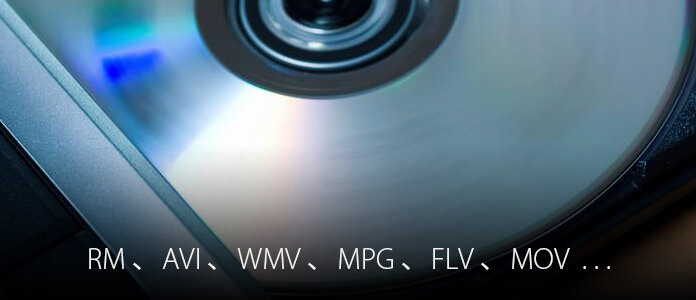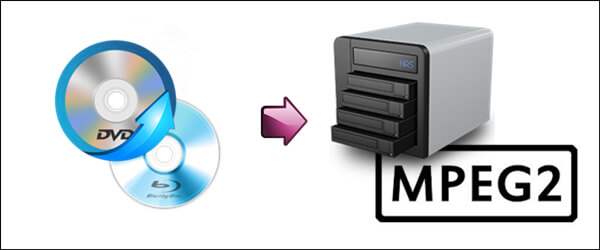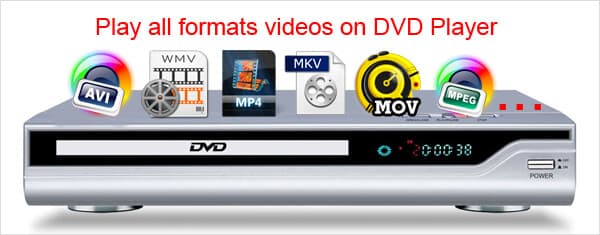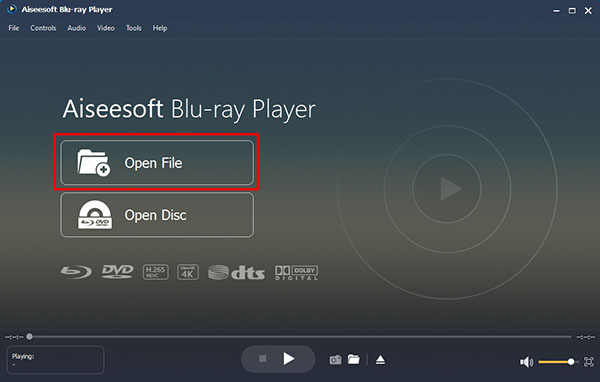Your DVD player plays discs, this you know for sure, but did you know that DVD media come in several formats and types?
If you burn a DVD, you would know that it does not necessarily play in all DVD players, since DVD players may only support certain formats. Then, what formats do DVD players use?
To help you better burn a DVD that can be read by your DVD player, we would like to give you a full instruction about the formats that DVD players use. Continue to read and learn what formats DVD players use.

| What formats do DVD players use? | |
|---|---|
| category | Formats |
| Common DVD player format | MPEG-2 (Also called H.222 or H.262) |
| More DVD Player formats | MPEG-1 (Video CDs, or VCDs) DivX DVD+R or DVD-R MOV, WMV, WMA, JPEG, etc. |
| Latest DVD formats | MPEG-4 (Also called H.264 or Blu-ray) |
The most standard DVD formats is MPEG-2 format, which is also called H.222 or H.262. It is the compression type with quite clean video and audio reproduction and playback, and widely used around the world. Also, the audio format is called A/52.

In order to maintain compatibility with all DVD players, DVD disc will use an IFO file to hold the proper file structure. An IFO file is one of three types of files that are used on DVDs. It contains important navigational information, such as where a video chapter begins, and where audio and subtitle streams exist within the movie (VOB) file. VOB is simply the container format where the MPEG-2 video and A/52 audio streams are contained.
Finally, the output file size on your MPEG-2 files is completely dependent on the bit-rate that you use when you encode them. Higher the bit-rate comes with the larger the file size and better quality. This setting is completely your choice. It depends on how you want the video to look as well as how much you want to fit on one DVD player.
Beyond the basic DVD formats, there are many formats that DVD players can support.

1. Video CDs, or VCDs are MPEG-1 compression, a lower video quality than an MPEG-2. Some DVD players will be able to play these, and some will even be able to play DVD data discs.
2. You might have some DVDs that are in DivX format. Newer players that recognize DivX format files as long as they have AVI encoded in them.
3. DVD+R or DVD-R discs are much more likely to be recognized, and of the two, DVD+R is the one that is almost universally recognized, even by the most inexpensive of DVD players.
4. Higher end DVD players will be able to handle MOV, WMV, WMA and MPEG-4 video discs, and JPEG photo discs.
Note: 1. As we highlighted, not all the formats are supported by any DVD player. To see what formats your DVD player can support, you can check the specs online for the player or the box.
2. If you want to burn a DVD disc, and find the files you have on your computer are not supported by your DVD player, you can run them through a conversion program to put them into a DVD player format, normally as MPEG-2. Here we would like to give you Video Converter Ultimate.
Newer DVDs are in H.264 or MPEG-4 standard, more commonly known as Blu-Ray. MPEG-4 is a video compression format capable of putting huge amounts of data on special discs the exact same physical size as regular DVDs, but with much better quality. This is also a format used widely by iTunes movies, high-quality YouTube movies. You may also see MKV as a format – this is also Blu-Ray, but it's the type you would have on a home burned DVD, not a commercially produced one.
You can play DVD videos with Blu-ray players, but normal DVD players cannot support Blu-ray movies. On account of that, you may need a professional Blu-ray player for better experience with Blu-ray movies playback. You can check the top-rated DVD Player below.
1Free download, install and run this DVD player on your computer. Meanwhile, insert your DVD disc into your computer drive.
2Click "Open Disc" to load DVD disc on your computer for playback on your computer.
Select the menu, chapter, etc. to start to watch your DVD file.

Though the above description, you must have known that what formats most DVD players use. If you have more questions about DVD player-supported formats, you can leave your comments down below.